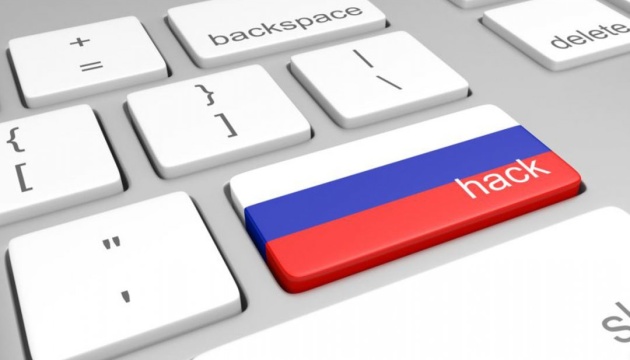Special services of the Russian Federation largely use malicious programs to steal and destroy Ukrainian information, they have already created more than 10 such programs.
“Cyber warfare: malicious programs as threats to critical infrastructure objects,” said Serhii Prokopenko, vice-president of the information security and cybersecurity service of the NSDC device, at the Ukrinform roundtable.
“More than 10 different malicious programs have been developed that destroy information. They are launched into our networks. Other malicious systems that steal information are also used. That is why their research topic is very important,” said Prokopenko. He stressed that it is therefore important that it allows not only to understand what happened, but also to collect evidence that will be used in the future to bring Russia to justice.
In addition, according to him, it is not only necessary to think about systems that will analyze these malicious codes, but also how to prevent them in the future.
In turn, Deputy Minister of Culture and Information Policy for European Integration Taras Shevchenko emphasized that information security is one of the priorities of the ministry. In the Information Security Strategy, the main objectives are to counter disinformation. Shevchenko reminded that the Center for Strategic Communication and Information Security operates under the Ministry, which has achieved many successes in less than two years.
At the roundtable meeting, experts and scientists, representatives of Ukraine’s cyber security issues and other relevant institutions, organizations and organizations exchanged experiences in the field of cyber security. They also discussed the issue of ensuring the cyber security of critical infrastructure facilities in cyber warfare conditions; features of the use of malicious programs by the special services of the attacking country; modern advances in detecting and countering malicious programs; forensic investigation of malware; normative and legal provision of cyber security, including criminal liability for cyber terrorism and the use of malicious programs; current situation and prospects for the development of scientific-technical and scientific-methodological support for cybersecurity; interaction of state and civil institutions in the field of cyber security; The role of public awareness of cyber threats and cyber hygiene awareness in preventing the spread of malware.
As reported by Ukrinform, more than 4,500 cyber attacks and critical cyber incidents were neutralized last year. There have already been 550 cyberattacks this year.













